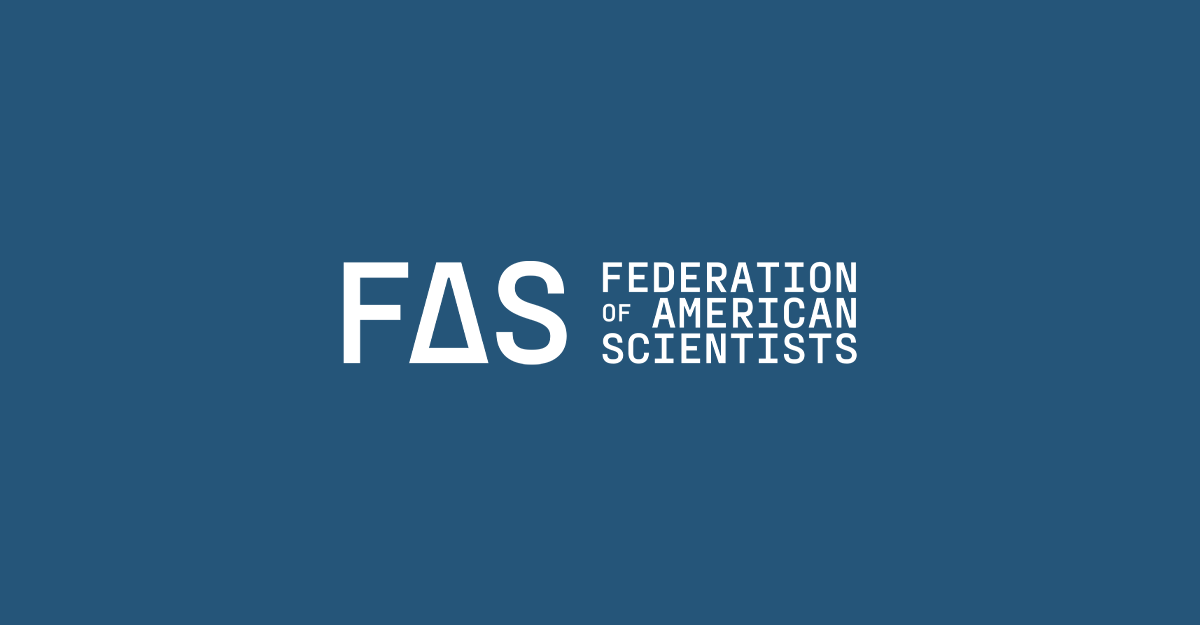
Position on the Regional Leadership in Wildland Fire Research Act of 2025
The Regional Leadership in Wildland Fire Research Act would establish regional research centers at institutions of higher education across the country to research and improve our understanding of wildland fire, develop, maintain, and operate next-generation fire and vegetation models, and create a career pathway training program.
“Extreme weather has pushed wildfires to grow in size and severity, making our current wildfire models inadequate. The Regional Leadership in Wildland Fire Research Act is a significant investment in understanding how wildland fire risks continue to evolve, and establishes a strong foundation that first responders and forest managers can rely on,” said Daniel Correa, Chief Executive Officer of the Federation of American Scientists. “We commend Senator Luján, Senator Sullivan, Senator Padilla, and Senator Sheehy for their leadership to champion and invest in innovative next-generation fire and vegetation models to protect human health, ecosystems, and our communities.”
For more information contact James Campbell, Wildfire Policy Specialist, at jcampbell@fas.org.
FAS is launching the Center for Regulatory Ingenuity (CRI) to build a new, transpartisan vision of government that works – that has the capacity to achieve ambitious goals while adeptly responding to people’s basic needs.
This runs counter to public opinion: 4 in 5 of all Americans, across party lines, want to see the government take stronger climate action.
Cities need to rapidly become compact, efficient, electrified, and nature‑rich urban ecosystems where we take better care of each other and avoid locking in more sprawl and fossil‑fuel dependence.
Hurricanes cause around 24 deaths per storm – but the longer-term consequences kill thousands more. With extreme weather events becoming ever-more common, there is a national and moral imperative to rethink not just who responds to disasters, but for how long and to what end.